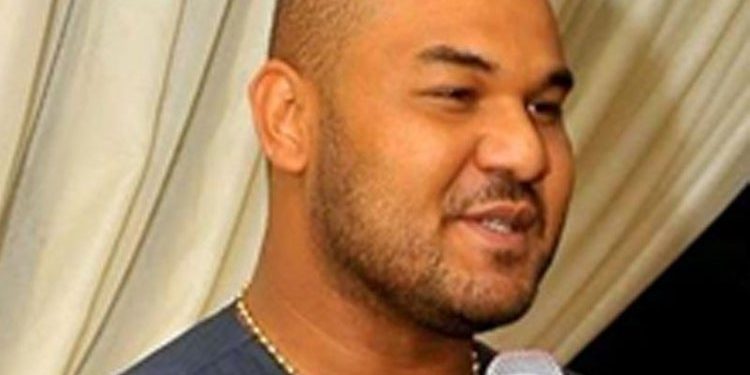“Certainly, the financials of the organisation show that shareholder capital has been eroded for a number of years now. We have serious liquidity issues, which have also been flagged and raised in past numbers of annual reports. So, we cannot sweep these issues under the carpet. We have to be able to proactively address them. We may have to look at what kind of solutions are available to us as an entity listed on NGX.”
These are the words of the Chairman of the Board of Directors of DAAR Communications Plc, Raymond Dokpesi Jr, as he speaks on the state of the organisation.
He spoke against the background of the recent compulsory retirement of 10 of its top shots.
While noting that the retirement of the management team was long overdue, in an interview with ‘The Punch’, he added on the position of things.
Those retiring are Tony Akiotu, Dr Oluwatosin Dokpesi, Dr Ambrose Somide, Anthony Uyah, Ms Paulyn Ugbodagha, Mrs Mary Lawrence-Dokpesi, Ms. Faith Ikems, Messr. Imoni Mac Amarere, John Iwarue and Johnson Onime.
The Chairman said, “We have to find the right kinds of opportunities that exist for raising capital either through equity or debt. But these are considerations that really gear us forward after we have done the basic restructuring of the organisation and by that, I mean compliance with the best practices of corporate governance and identifying talent with a track record of success to give us the confidence that they can come in and fit in with our new strategy and give us the best shot at success.”
He disclosed that the changes made would provide opportunities for those within and outside the organisation.
Meanwhile, the board of the company has expressed gratitude to the retiring management staff for their service.
“The company is working on a major restructuring of its leadership and once this is concluded, the Exchange, other regulatory authorities, shareholders and the general public will be notified of changes accordingly,” the company said.
Speaking further on the future of the company, Dokpesi Jr. said, “We had a lot of plans for what we had hoped to achieve. Of course, the transition sends a lot of these things back, and definitely, in terms of going forward, we have to recognise a new order or how to move things forward. Everything that was there the day he passed away is still there today.
“The stories of AIT, Raypower, and DAAR Communications and their contributions to the broadcasting landscape both in Nigeria and Africa are well-documented. We are the pioneering private broadcast organisation in Nigeria.
We are the first 24-hour network operation. We have exceeded and been through many critical stages and phases of our national development as a nation, playing the role of the media organisation at the forefront of the fourth estate of the realm.
Our contribution to the media industry, policy, and social-political growth and development in Nigeria cannot be contested. Since my father passed away, the questions for us as an organisation have been about: Where does our vision take us? Where are we going? What are we doing? And how do we get there?
“The vision, drive, motivation, and energy that came behind DAAR Communications at the very onset were to provide an alternative worldview to what was being provided and positioned by global Western media organisations like BBC, CNN, and subsequently, Al Jazeera. Ours was to be the African voice and the pride of Africa on the continent.
On returning the company to the path of profitability, the chairman said, “We haven’t declared profit since listing; the subsequent losses have eroded shareholders’ capital. And turning this around is a multifaceted story and approach. There is no doubt that when we were listed on the NGX, there was a very clear digitisation policy by the government.
“This policy has not taken effect even up till today. So, a lot of the investments that went into equipment to position us to be at the very forefront of that digitisation frontier in essence has been wasted because we have not been able to capitalise returns on those investments.
“So, we have been seeing subsequent losses as a reflection of the depreciation value of the equipment that has been invested over the years as well as our failure to capture the market of digitisation, which up till today is still hanging.
“However, I believe the regulation of broadcasting needs to be looked at by the regulators, and am very much in touch with the director general of the National Broadcasting Commission and engaging on how we think broadcast should develop more. Beyond that, as far as technology is concerned, there is a unification of technology today. We are competing in spaces that go and transcend beyond Nigerian boundaries and across technologies. So, we need to be able to adapt, position and come out of this phase as ‘the African voice’ as far as content coming out of Africa is concerned.”



